any suggest on a fast growing shade tree? (zone 9)
yixdelp
16 years ago
Featured Answer
Sort by:Oldest
Comments (11)
quirkyquercus
16 years agojakejones
16 years agoRelated Professionals
Grand Haven Landscape Architects & Landscape Designers · New Mexico Landscape Architects & Landscape Designers · Washington Landscape Architects & Landscape Designers · Americus Landscape Contractors · Lake Saint Louis Landscape Contractors · Thornton Landscape Contractors · Washington Landscape Contractors · West Haverstraw Landscape Contractors · Delaware County Siding & Exteriors · Ashland Decks, Patios & Outdoor Enclosures · Auburn Decks, Patios & Outdoor Enclosures · Oswego Decks, Patios & Outdoor Enclosures · Parlier Decks, Patios & Outdoor Enclosures · West Hills Decks, Patios & Outdoor Enclosures · Glendale Decks, Patios & Outdoor Enclosuresgardengal48 (PNW Z8/9)
16 years agoquirkyquercus
16 years agopineresin
16 years agoquercus_macrocarpa
16 years agogardengal48 (PNW Z8/9)
16 years agoquirkyquercus
16 years agogardengal48 (PNW Z8/9)
16 years agocacau
16 years ago
Related Stories
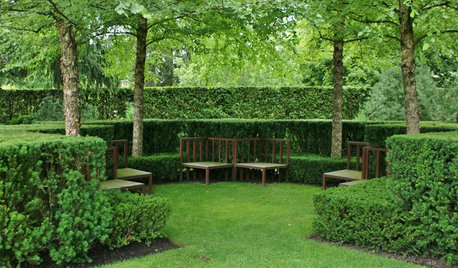
GARDENING GUIDESGrow Your Own Privacy: How to Screen With Plants and Trees
Use living walls to lower your home and garden's exposure while boosting natural beauty in your landscape
Full Story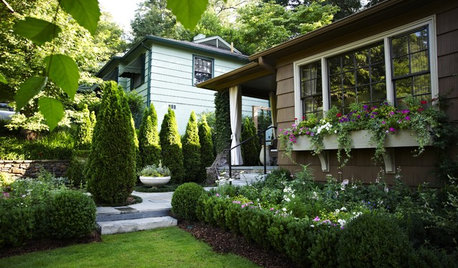
GARDENING GUIDES9 Low-Growing Hedges That Make Good Neighbors
Define garden areas or borders without blocking the view, with these evergreen shrubs that take kindly to trimming
Full Story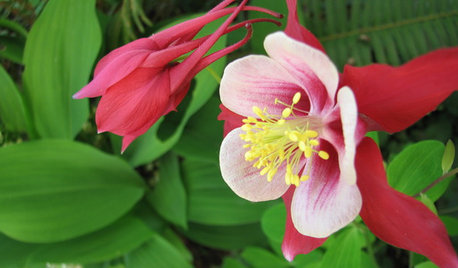
GARDENING FOR BUTTERFLIESGreat Design Plant: Columbine Grows Happily in Shade and Sun
Its ethereal beauty comes from complex forms and wide-ranging colors, but columbine’s benefits are highly attractive too
Full Story
DECORATING GUIDESFix Those 'Whoopsies': 9 Fast Solutions for Decorating Mistakes
Don't suffer in silence over a paint, furniture or rug snafu — these affordable workarounds can help
Full Story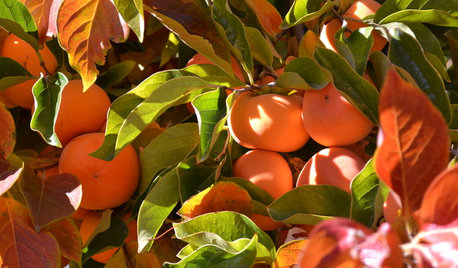
FRUIT TREESHow to Grow Your Own Persimmons
Sturdy and easy to care for, these trees offer bright fruit through winter — and keeping them in bounds is no sweat
Full Story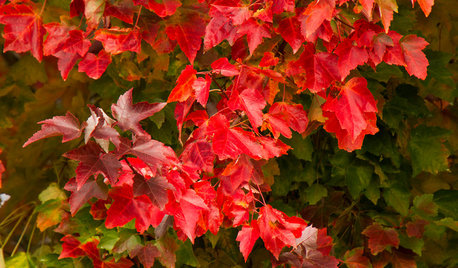
TREESGreat Design Plant: Acer Rubrum Brings Shade and Beauty
Red maple — a fast-growing, low-maintenance Eastern native — has spectacular fall foliage and early-spring flowers that feed pollinators
Full Story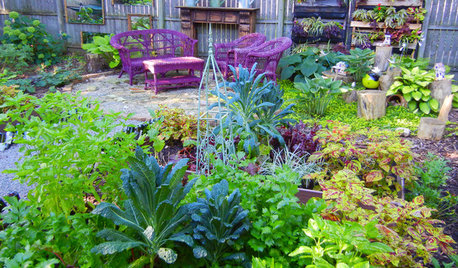
GARDENING GUIDESShades of Vegetable Gardens: Growing Edibles in Less Sun
See how one gardener produces a veritable feast of vegetables and herbs under a canopy of shade
Full Story
EDIBLE GARDENSHow to Grow 10 Favorite Fruit Trees at Home
Plant a mini orchard in fall, winter or early spring to enjoy fresh-off-the-tree fruit the following year
Full Story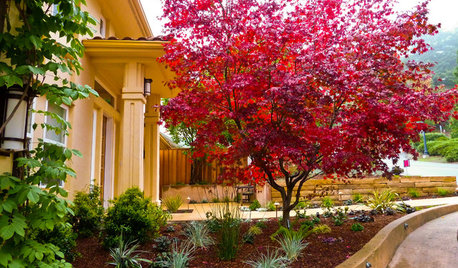
LANDSCAPE DESIGN7 Great Trees for Summer Shade and Fall Color
These landscape-pro faves straddle the seasons beautifully. Could one enhance your own yard?
Full Story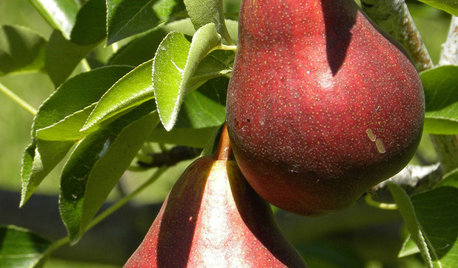
EDIBLE GARDENSHow to Grow Your Own European and Asian Pears
Try these trees for their good looks, delicious fruit and wide range of sizes — plus you can espalier them
Full Story






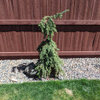
Dibbit